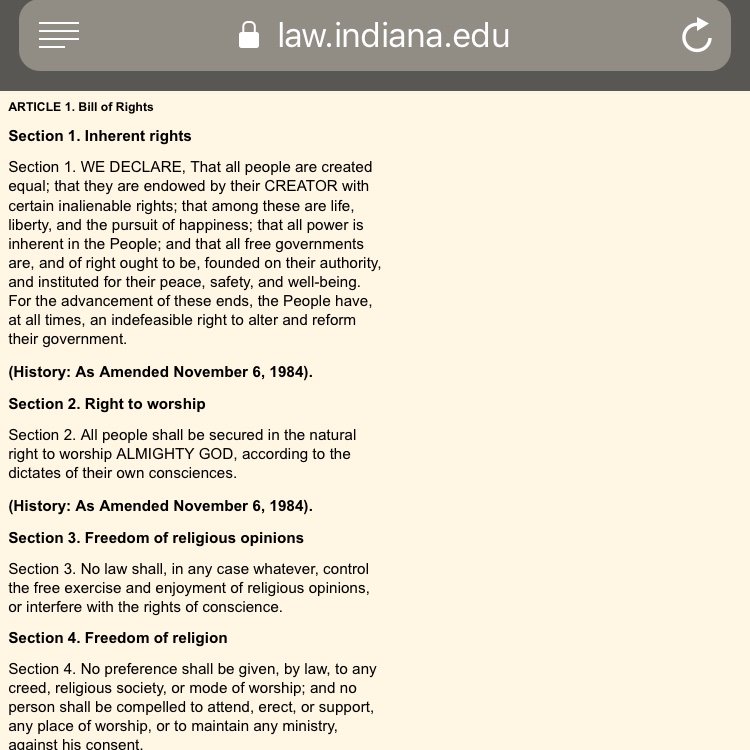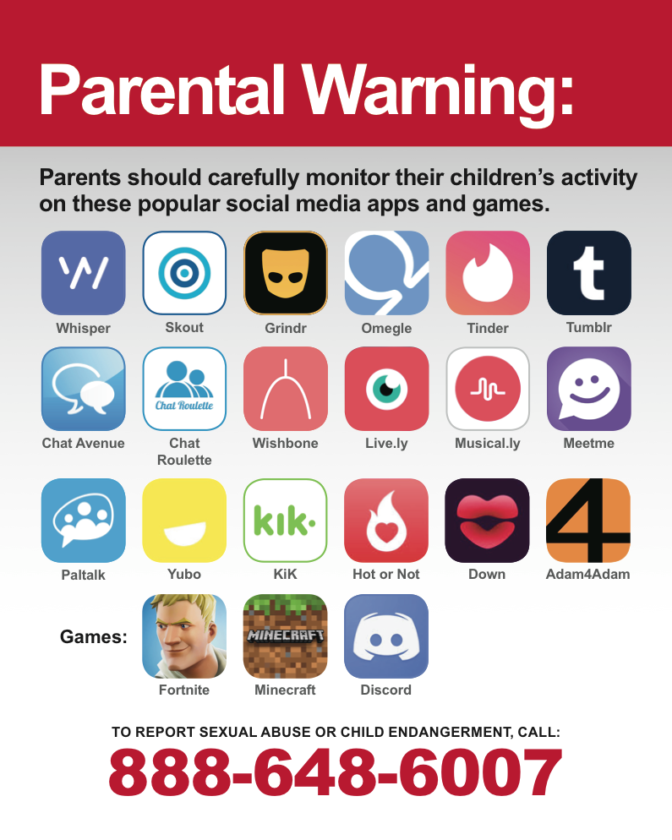
PhD | Author of "Something's Not Right: Decoding the Hidden Tactics of Abuse and Freeing Yourself from Its Power." | Writing at https://t.co/RdaQxiieu6
3 subscribers
How to get URL link on X (Twitter) App

https://twitter.com/RealCandaceO/status/1268280610818101248The goal of the "victim scale" is to manage the impressions others are forming of the victim by presenting only their shortcomings so others conclude the victim is partly to blame, deserved it, isn't innocent in the matter, should have done something to prevent, etc.

https://twitter.com/CTmagazine/status/1216734361745272833When the “relationship” is defined by the predator who intends to harm, pushing reconciliation is like asking the victim to walk back into a trap to see if it will close on them again.



https://twitter.com/RightWingWatch/status/1184876197504790528The con artist sets people up to want to give away their money away by convincing them of a problem that can only be solved by accepting the con's solution.

https://twitter.com/reachjulieroys/status/1157000730030432256According to the @CTmagazine article, Toledo Bible College and Seminary was started in the 1960's by John D. Brooke, who "for all practical purposes...awarded himself the Th.D. from Toledo, since he received it not long after he started the school."
https://twitter.com/ruthdhutchins/status/1145152875280003074Some are conditioned to respond with this type of excuse. Abusive cultures control people by restricting their access to information while teaching them to trust leaders.
https://twitter.com/sandycompany/status/1139223331670917120For example, @MinistrySafe has a massive influence on how churches treat survivors. But I believe they recently framed those who seek litigation as "angry" and having a "monetary motivation" and framed those who represent survivors as greedy attorneys with billboards on highways.
